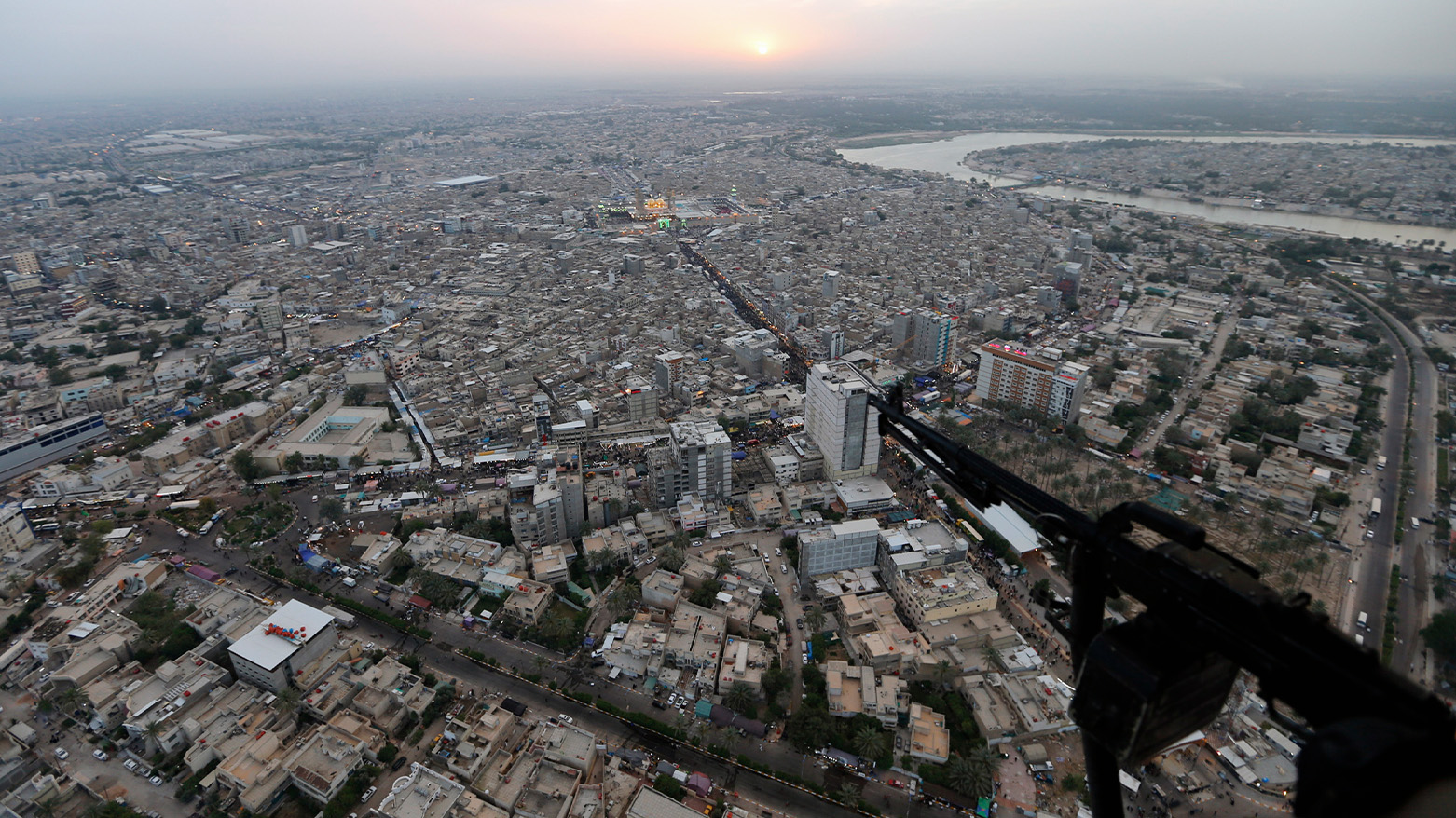Rising Sectarian Rhetoric in Iraq Sparks Fears of Renewed Conflict
Over the past few months, sectarian language has noticeably increased in Iraq’s political sphere, with some political factions appearing to exploit these divisions for electoral and strategic gains.

ERBIL (Kurdistan24) – The resurgence of sectarian discourse among Iraqi politicians has raised serious concerns among the public, fueling fears that the country could once again be dragged into violent sectarian conflict.
While a return to the widespread bloodshed of 2006 may not be inevitable, the intensification of divisive rhetoric—particularly from political figures, parliamentarians, and certain media outlets—has reignited tensions, prompting warnings from analysts and observers.
Over the past few months, sectarian language has noticeably increased in Iraq’s political sphere, with some political factions appearing to exploit these divisions for electoral and strategic gains.
Salam Zubaidi, spokesperson for the al-Nasr Coalition, highlighted the dangers of such rhetoric, telling Kurdistan24: "This sectarianism, which was previously the cause of many of Iraq's tragedies, war, and killings, is unfortunately being rekindled by some political blocs. Some are driven by party interests, while others see it as a tool for electoral gains."
The scars of Iraq’s sectarian conflicts remain fresh, particularly the brutal violence that erupted between 2006 and 2008. The country witnessed large-scale displacement, mass killings, and the strengthening of extremist factions amid Sunni-Shia hostilities.
While Iraq has made significant strides toward stabilization in recent years, the growing resurgence of sectarian narratives threatens to undermine the fragile peace.
Adel al-Mana, a political researcher, warned of the grave implications of this trend.
"Playing on the strings of sectarianism is both futile and dangerous. It risks reopening old wounds and planting a bomb for the future—one that may explode among younger generations with no recollection of past events," he said.
Political analysts argue that sectarian rhetoric often emerges as a tool for political maneuvering, particularly during election seasons. With Iraq undergoing significant geopolitical and economic changes, the injection of sectarian discourse into political debates could have severe consequences, potentially igniting unrest on the streets.
Observers stress that the lessons of the past must not be forgotten. Sectarian violence has historically weakened Iraq’s social fabric, eroded national unity, and provided fertile ground for extremist groups.
A renewed escalation of sectarian divisions could have dire implications for Iraq’s stability at a time when the country is striving to recover from years of conflict and economic challenges.
As Iraq navigates its complex political landscape, voices advocating for national cohesion and inclusive dialogue are urging politicians to exercise restraint.
The future of the country depends on steering clear of the sectarian traps that have repeatedly plunged it into turmoil. Whether Iraqi leaders heed these warnings remains to be seen, but the risks of inaction could be catastrophic for the nation and its people.
Kurdistan24's Correspondent Seif Ali contributed to this report.